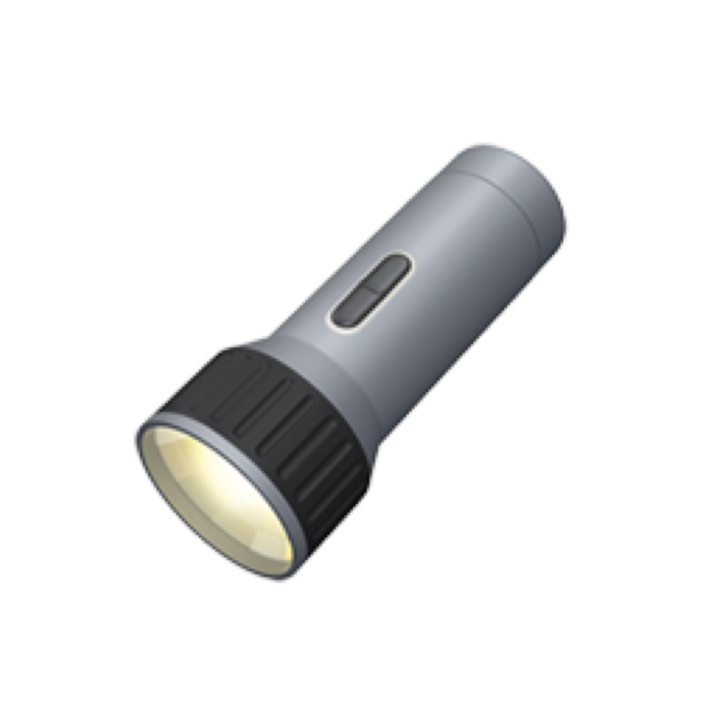BMW 7 SERIES (2002-08)

Buyer's Guide & Data from our Checks
The BMW 7 SERIES (2002-08) is a luxury sedan that stands out in the UK market for its comfort, style, and premium features. It's a large, executive car designed for those who want a sophisticated driving experience and ample space for passengers. Mycarcheck.com data shows a strong interest in this model, with over 7,500 lookups and more than 2,200 unique VINs, indicating its popularity among used car buyers. The average private sale value is around £2,400, making it an accessible option for buyers seeking luxury without a new car price tag.
This model is commonly used by professionals and executives seeking a spacious, comfortable car for daily commuting or longer journeys. With an average mileage of 135,000 miles and typically around six previous owners, it suggests a vehicle that has been well-used but maintained. What makes the BMW 7 SERIES (2002-08) notable is its blend of elegant design, refined driving dynamics, and high-quality interior features, setting it apart from rivals in its class.
Compared to other luxury saloons, the BMW 7 Series is highly regarded for its smooth ride and willingness to combine luxury with sporty handling. Its reputation for reliability and lasting performance has helped it maintain a strong presence in the used car market. Overall, the BMW 7 SERIES (2002-08) is best suited for those looking for a luxurious, comfortable vehicle that offers a prestigious driving experience.
Key Findings
The following statistics are drawn from our checks of 2,276 different vehicles, run between February 17th 2021 and December 31st 2025. These real-world insights provide context for this vehicle's place in the market, as well as its typical usage.
7,572
Lookups
Lookups
634
Hidden Histories
Hidden Histories
145k
Average Mileage
Average Mileage
£2,400
Average Valuation
Average Valuation












